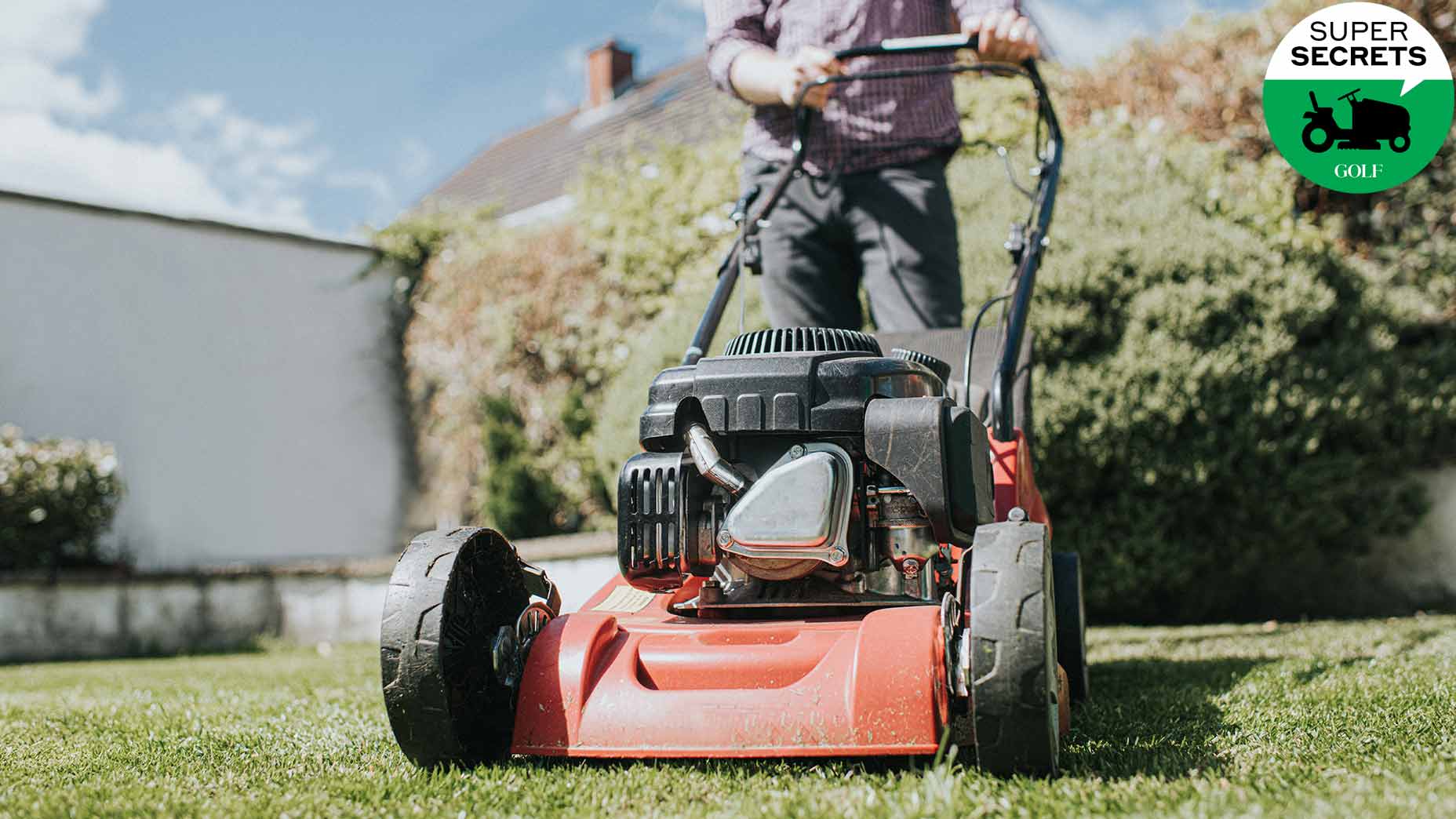The days are growing longer. The grass is, too. In large swaths of the country, the time has come to take the mower out of storage and get back to a familiar yard-care task.
But what do you need to know before you start to mow? David Phipps is a course-maintenance veteran who now serves as northwest regional representative for the Golf Course Superintendents Association of America. We asked him for a rundown of simple precautions for protecting our home turf — and our machines.
Check for Foreign Objects
A long winter of volatile weather can leave your lawn scattered with sticks, stones and other debris. Do a quick inspection and clear away anything that might damage your mower, or fly up and cause you injury.
Fine-Tune Your Mower
Replace the spark plugs. Check the fuel lines. And, maybe most important, sharpen the blades. A dull mower will rip your grass instead of cutting it, leaving you with an unsightly lawn — and potentially damaged turf.
Avoid Soggy Conditions
If this ground’s a-sopping, don’t go a-chopping. Running a mower across a soggy lawn can leave deep wheel marks in the turf while kicking up mud that will make a mess of your machine. Pretend that you’re preparing for a U.S. Open and wait for conditions to firm up.
Call a Frost Delay
Frosty grass means frozen, fragile plant cells that shatter like glass when you trample or roll a machine across them. The damage shows up as discoloration. No wonder golf courses impose frost delays. If your lawn is frozen over, you should do the same.
Don’t Mow too Low
Superintendents follow the one-third rule, the gist of which is this: never lop off more than one-third of the leaf blade in a single pass. Cutting any lower can wound the plant, cramping its ability to absorb nutrients and leaving it more vulnerable to disease.
